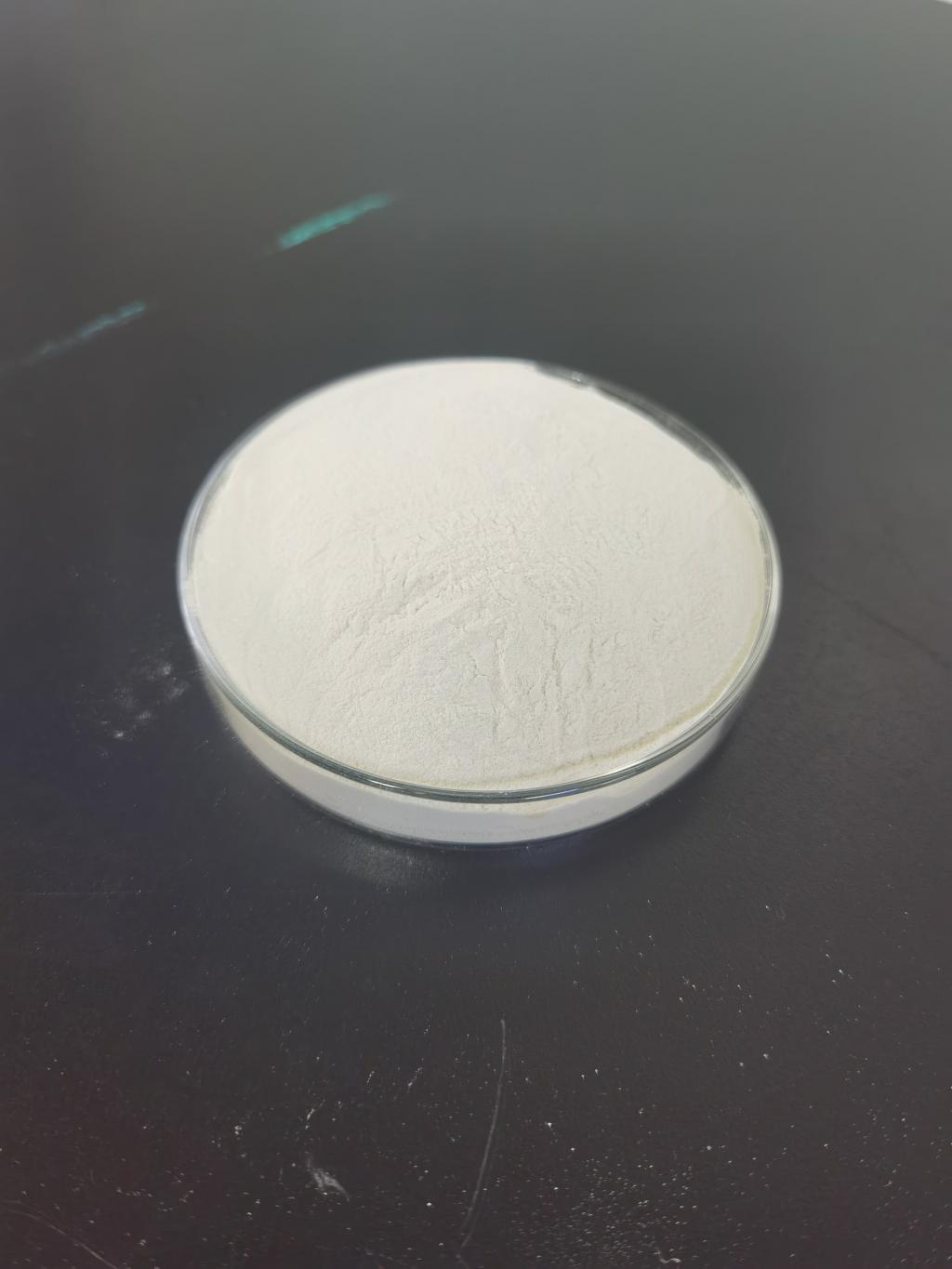Tel:+8618231198596

News
 CONTACT
CONTACT
 CONTACT
CONTACT
- Linkman:Linda Yao
- Tel: +8618231198596
- Email:linda.yao@dcpharma.cn
- Linkman:CHARLES.WANG
- Department:Overseas
- Tel: 0086 0311-85537378 0086 0311-85539701
News
Current Position:
Home >
News
>Nisin's Impact on Reducing the Use of Synthetic Preservatives in Pet Foods
Nisin's Impact on Reducing the Use of Synthetic Preservatives in Pet Foods
TIME:2024-02-23
The Rise of Natural Pet Nutrition
1. Shifting Pet Owner Preferences
Pet owners are becoming more discerning in their choices, seeking pet foods that mirror their own preferences for natural, minimally processed ingredients. This shift is driven by a desire to provide optimal nutrition for pets and address concerns about the potential health risks associated with synthetic additives.
2. Health Consciousness for Pets
As the awareness of pet health issues, including allergies and sensitivities, increases, pet owners are actively seeking pet foods that contribute to the overall well-being of their animals. This has led to a demand for preservatives that align with the principles of natural and holistic pet care.
Understanding Nisin as a Natural Preservative
1. Nisin: A Brief Overview
Nisin is a naturally occurring antimicrobial peptide produced by certain strains of lactic acid bacteria. It gained recognition for its effectiveness against a broad spectrum of bacteria, particularly those responsible for food spoilage and foodborne illnesses.
2. Mechanism of Action
Nisin's mechanism of action involves disrupting the cell membranes of bacteria, leading to cell death. This natural and targeted approach makes it an attractive alternative to synthetic preservatives, which may raise concerns about long-term health effects.
Nisin's Benefits in Pet Foods
1. Natural and Safe
One of the primary benefits of using Nisin in pet foods is its natural origin. Being derived from lactic acid bacteria, Nisin aligns with the trend of providing pets with ingredients that are closer to what they would consume in the wild. It is generally recognized as safe (GRAS) for consumption.
2. Effective Against Spoilage Organisms
Nisin's antimicrobial properties extend the shelf life of pet foods by inhibiting the growth of spoilage organisms. This is crucial for ensuring that pet foods remain fresh and nutritionally viable throughout their intended shelf life.
3. Preservation Without Compromise
Nisin preserves the quality and safety of pet foods without compromising their nutritional integrity. This is particularly important in maintaining the bioavailability of essential nutrients in the food, contributing to the overall health of pets.
Nisin's Applications in Pet Foods
1. Dry Pet Foods
Dry pet foods, including kibble and treats, are susceptible to oxidation and microbial contamination. Incorporating Nisin into the formulation helps combat these challenges, contributing to the longevity and safety of dry pet food products.
2. Wet Pet Foods
Wet pet foods, often packaged in cans or pouches, require effective preservation to prevent spoilage. Nisin can be utilized in these formulations to extend shelf life and ensure the microbial safety of the product.
3. Treats and Snacks
Pet treats and snacks are popular additions to pets' diets. By incorporating Nisin into these products, manufacturers can offer natural preservation while meeting the demand for tasty and safe treats.
Nisin's Impact on the Pet Food Industry
1. Consumer Confidence
The adoption of Nisin in pet foods contributes to increased consumer confidence. Pet owners appreciate the transparency and natural approach, fostering trust in the brands that prioritize the health and well-being of their furry companions.
2. Industry Innovation
The pet food industry, driven by consumer demands, is embracing innovation in formulations. The incorporation of Nisin represents a broader trend toward exploring natural solutions for common challenges in pet food manufacturing.
3. Regulatory Considerations
As Nisin gains popularity in the pet food industry, regulatory bodies are recognizing its safety and efficacy. Clear guidelines and approvals facilitate the seamless integration of Nisin into pet food formulations.
Challenges and Considerations
1. Cost Implications
While Nisin offers a natural and safe alternative, considerations about the cost of production may arise. Balancing the benefits of Nisin with cost implications is essential for widespread adoption in the pet food industry.
2. Palatability and Acceptance
Pets can be discerning eaters, and any changes to the formulation may impact palatability. Ensuring that Nisin-treated pet foods are accepted and enjoyed by pets is crucial for successful adoption.
3. Long-Term Studies
Long-term studies on the impact of Nisin on pets' health and well-being are essential for building a robust body of evidence supporting its use. Continuous research contributes to a better understanding of Nisin's effects in various pet food formulations.
Future Directions
1. Research and Development
Ongoing research into the applications of Nisin in pet foods should be a priority. This includes exploring optimal formulations, concentrations, and combinations with other natural preservatives for enhanced efficacy.
2. Consumer Education
Educating pet owners about the benefits of Nisin in pet foods is crucial. Clear communication about its safety, efficacy, and contribution to overall pet health fosters informed decision-making among consumers.
3. Collaboration and Standardization
Collaboration between pet food manufacturers, researchers, and regulatory bodies is essential for establishing standards and guidelines for the use of Nisin in pet foods. This ensures consistency and quality across the industry.
Conclusion
Nisin's impact on reducing the use of synthetic preservatives in pet foods marks a significant step toward meeting the evolving needs of pet owners. As the pet food industry aligns with consumer preferences for natural and safe products, Nisin emerges as a key player in this paradigm shift. Its benefits extend beyond preservation, contributing to the overall health and well-being of pets. The successful integration of Nisin into pet foods requires a concerted effort from industry stakeholders, researchers, and pet owners. As the journey towards natural pet nutrition progresses, Nisin stands as a beacon of innovation, offering a sustainable and health-focused approach to pet food preservation.
- Tel:+8618231198596
- Whatsapp:18231198596
- Chat With Skype







